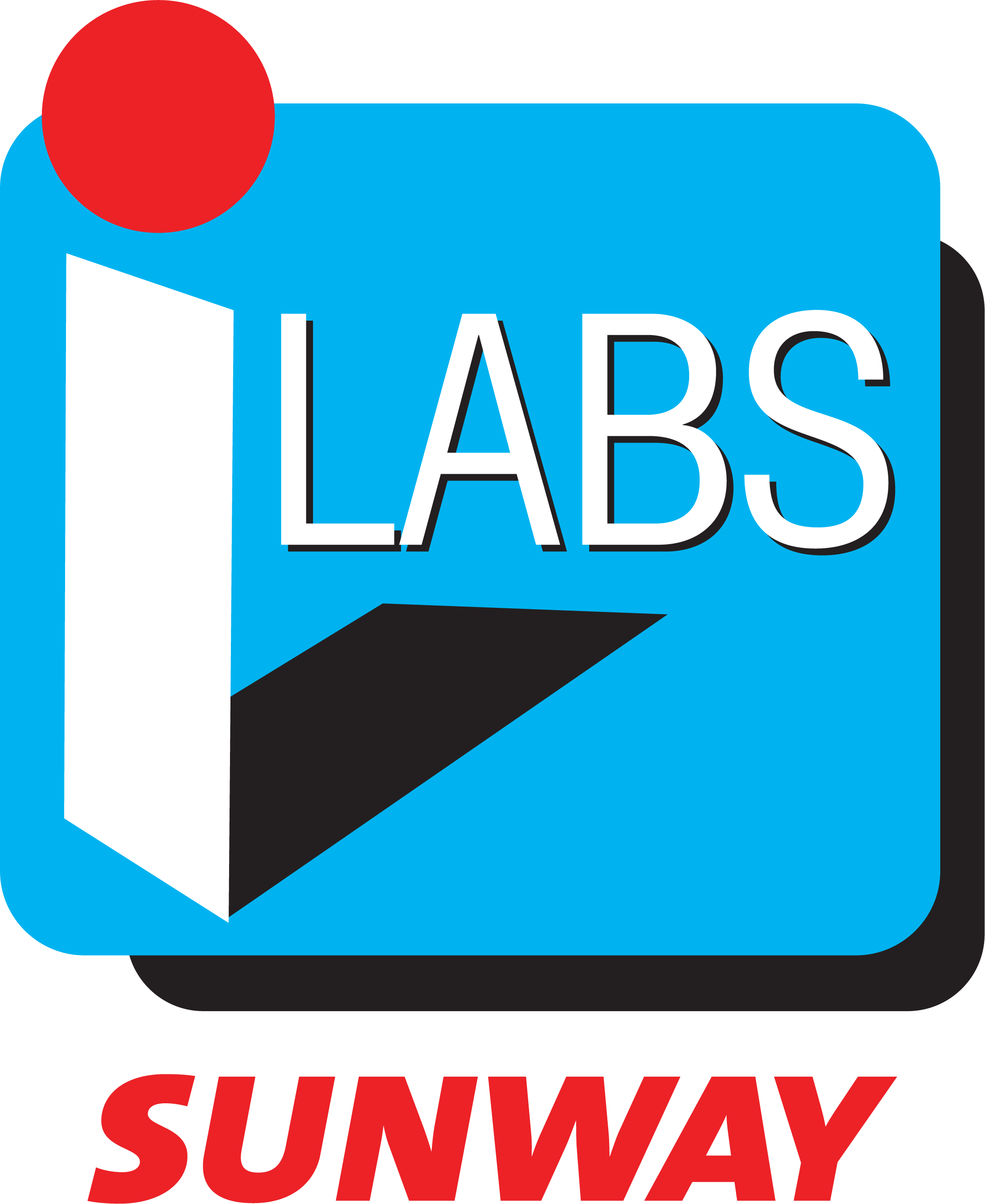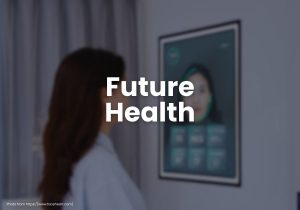A Medical Student's View of Innovation and Entrepreneurship

Written by Sebastian Tan Yin
Pandemic woes
The summer of 2020 looked like it was about to be wasted. Hospitals were reluctant to bring onboard a 2nd year medical student in the midst of a global pandemic. Meanwhile, many of my friends were doing placements in other fields or going back to university. I felt immense peer pressure to do something meaningful with my time. In an attempt to make the most of my remaining summer, I applied as an intern to Sunway iLabs, not knowing what to expect or what contribution I could make to Sunway’s innovation think-tank as a medical student.
Accelerated entrepreneurship
My first and primary task, which lasted throughout my internship, was helping out with the Super Accelerator, a programme designed, as its name suggests, to speed up the growth of emerging startups by providing them with funding, mentorships, and market opportunities that will help them build a successful business. As a medical student, I figured that I would be most interested in the Digital Health Tech vertical, but I soon found interest in other verticals such as Food & AgriTech, particularly when it came to solving food security through solutions such as vertical farming and alternative proteins.
As we filtered through the Accelerator applications, I decided that amongst the various criteria we had for choosing the startups, the 2 most important things were whether the startups actually solved a problem, and how unique the idea was. Without a problem, there is no goal in sight or the drive to create. If the idea already exists in the ecosystem, then it isn’t really considered innovative anymore. In the increasingly competitive startup market, entrepreneurs need to think outside the box to make a real difference. Technology is a flexible entity, and it can be adapted for uses besides its designed purpose with impacts that can be widespread beyond its intended scope.
A successful startup also depends on more than just a good idea. Without someone to champion it and fulfil its potential, the idea is simply a dream. Being able to participate in mentor sessions between the startups and experts in the Accelerator verticals helped me realise the importance of the person behind the idea. Besides being willing to commit, make sacrifices and take risks, the ambition and vision of the entrepreneur play a key role in elevating their startup to the next level. As a student, I often wanted to know more about the direction of the entrepreneur, especially with regards to solving the many challenges that today’s society faces.
While I’m not sure if I have what it takes to become a successful entrepreneur, I definitely saw similarities in the startup ecosystem and medical profession. Firstly, it is important to be acutely aware of current developments and problems in order to design a unique and beneficial solution, and be able to adapt and pivot quickly in response to change. Studying medicine is also a journey not unlike building a startup – it can be a long and arduous road with many ups and downs that requires serious commitment. During the Pre-Accelerator, I observed that startups could become distracted with other tasks which reflected why it is important to set my priorities straight, for example, attending to a patient who requires urgent care even though I’m almost finished writing my patient notes.
Innovating in medicine
Medicine has seen countless developments over centuries. More recently, the Digital Health Tech scene has been steadily growing, particularly in South East Asia. As the world’s population continues to grow and age, the demand for solutions to increase access to healthcare, reduce costs and deliver patient-specific therapeutics has never been greater.
However, it’s not particularly easy for those in the health profession to be innovative. In a field that is already full of uncertainty, change through innovation is not usually the first thing physicians have in mind. While there is a lot of health research being carried out across the globe, successful products or services are often determined based on the consumer market. For example, if a drug is not profitable or there are too few patients with the disease in question, the idea is shelved and forgotten. Furthermore, full-time clinicians already struggle to find time in their schedule to stay on top of the latest developments in healthcare, let alone sit down and develop a startup MVP. Yet when new innovations enter the healthcare setting, these are often met with much resistance from doctors, usually because the product cannot be easily used by them or they have doubts about the effects it has for their patients.
Being able to step out of my comfort zone and explore the startup ecosystem helped me get a behind-the-scenes look at innovation from the ground up. Where there is a problem, we should seize the opportunity to create solutions. Doctors should endeavour to ride on the waves of new developments in the field as well as pioneer ideas, particularly in the growing Digital Health Tech market. However, we must be fully committed to the cause, because as the 500-year old Jedi Master Yoda said: “Do or do not, there is no try”.

< Sebastian receiving his internship certificate with Eleanor Choong, Head of iLabs Ventures>



